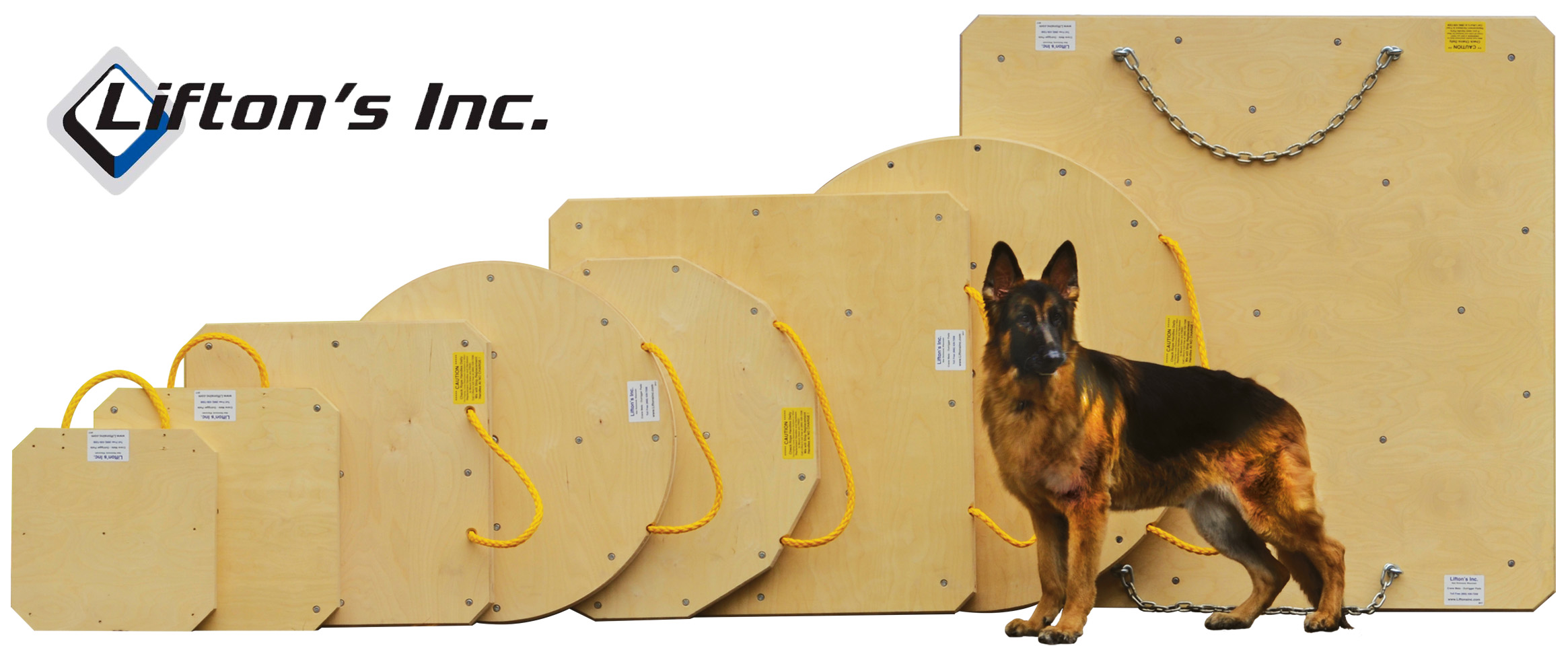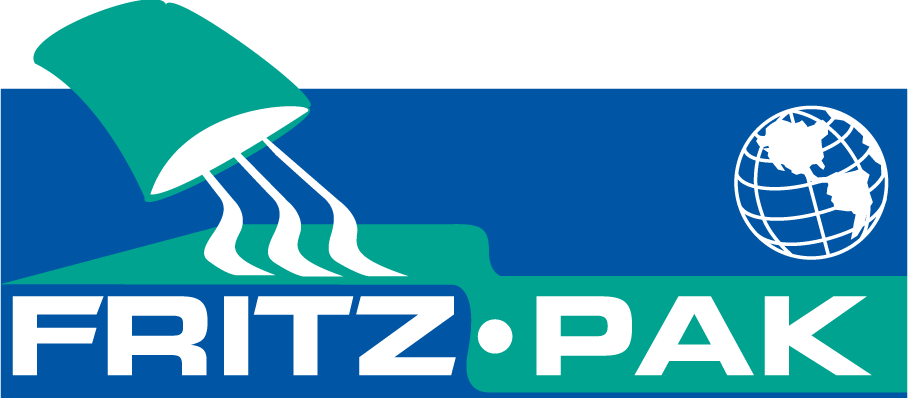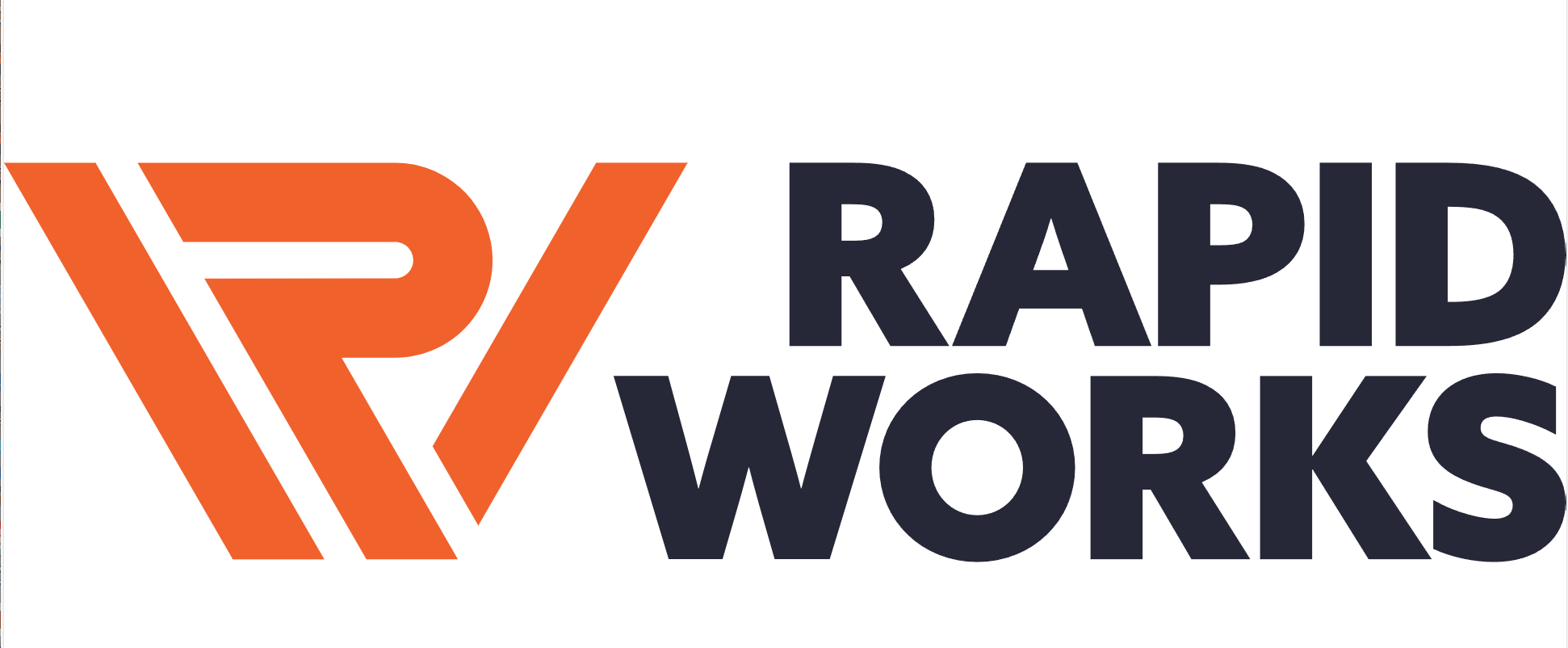| Todd | 10-21-2014 | comment profile send pm notify |
|
FRANKFURT — Equipment made by Putzmeister has been used to help smother out-of-control nuclear reactors in Chernobyl and Fukushima, but the German company had no technology to protect it when the global economic meltdown struck in 2008. Putzmeister, based in the town of Aichtal, south of Stuttgart, suffered more than a 50 percent plunge in revenue and had to cut its German staff of about 2,500 by roughly half. Then, a rescuer came from an unlikely place: China. In a deal that has become emblematic of Europe’s increasing openness to Chinese investors, Sany Group, a maker of construction equipment based in Changsha in Hunan Province, bought Putzmeister in 2012. The apparent success of the combined company since then is one reason why Premier Li Keqiang of China received a warm welcome when he visited Berlin and Hamburg this month. Despite some remaining friction, Germany and Europe in general have largely overcome fears that Chinese investors would steal technology, close costly European factories and ship the production to China. Liang Wengen, right, chairman of Sany, and Karl Schlecht, chairman of Putzmeister. China’s holdings in Europe reached $34 billion in 2012. CreditPutzmeister “With the difficult situation in the world economy that we see at the moment, it’s a sign of stability that economic cooperation between Germany and China is developing very well,” Chancellor Angela Merkel of Germany said on Oct. 10 after announcing a host of new treaties and business contracts between the two nations, including orders for Airbus planes and an extension of Volkswagen’s joint venture in China with the FAW Group Corporation until 2041. One reason that Europeans have become more welcoming of the Chinese is that they need the help. Economic growth is weak, the population is aging, and business investment is tepid. Besides money, Chinese investors help European companies get better access to China and other Asian markets. Partly as a result, Europe has surpassed the United States as China’s largest trading partner, and Europeans appear to be eager for more. “I think it’s fair to say Europe is welcoming Chinese investment,” said Jeremy Clegg, a professor at Leeds University Business School in Britain who has studied the subject. Another reason the Chinese are welcome is that, at least so far, they have proved to be unobtrusive, almost invisible, managers. At Putzmeister’s main plant in Aichtal, there is just one Chinese executive and five Chinese trainees, said Uwe Misselbeck, the company’s head of human resources. “We’re still eating with knives and forks,” Mr. Misselbeck said last month at an event in Frankfurt organized by consulting firm KPMG before Mr. Li’s visit. The session was part of a campaign to counter lingering stereotypes about Chinese owners. Putzmeister specializes in equipment to pump concrete at construction sites, which was used to contain nuclear radiation at Chernobyl in 1986, in what is now Ukraine, and to pump massive amounts of water to cool the malfunctioning reactor at Fukushima, Japan, in 2011. “The Chinese colleagues treated us very cordially,” Mr. Misselbeck said of the takeover by Sany. He compared them favorably with investors from the United States, “who want to tell you how the world works.” The United States remains by far the largest source of direct investment in Europe, accounting for more than one third of the total in 2012, the most recent year for which complete information is available. That compared to a 2.6 percent share for China.
But investment from China has grown at a much faster rate than that from any other country. The value of Chinese holdings in the European Union more than quadrupled from 2010 to 2012, to 26.8 billion euros, or $34 billion at current exchange rates, according to Eurostat, the official statistics agency. Chinese companies have invested in ports in Genoa and Naples in Italy and in Athens. They have bought Italian makers of steel products, German manufacturers of patio furniture, and Hungarian chemical producers. Hamburg, which hosted Mr. Li on Oct. 11 at a “China Meets Europe” meeting, has more than 500 Chinese companies in the city and surrounding area, according to the local chamber of commerce. And investment from China could get a further boost as the Chinese government streamlines the approval process that domestic companies must go through before they invest abroad, according to KPMG. Chinese investors have also drawn attention with a number of high-profile deals and their willingness to buy troubled companies. One of the most attention-getting acquisitions was in 2010 when Zhejiang Geely Holding bought Volvo Cars from Ford Motor. In August, when Volvo unveiled its first completely new model under Chinese ownership at an event in Stockholm, the Chinese presence was so discreet it was invisible. No Chinese executives appeared. Volvo executives presented the new car, a sport utility vehicle called the XC90, as the embodiment of Swedish aesthetics and engineering. Hakan Samuelsson, the chief executive of Volvo Cars, implied that the company had more freedom under Geely’s ownership than under Ford. “They have given us a new role as a stand-alone company,” Mr. Samuelsson said of Geely during a meeting with a small group of journalists. “We are not a sort of division executing commands from some center.” In an example of how Chinese ownership can open up new markets for European companies, China has become the largest market for Volvo Cars. The top-of-the-line XC90 will be built in Sweden, but other Volvo models are already being manufactured in China and the company is considering exporting some of the Chinese-made models to the United States. The Chinese-European trade relationship is not without tensions. European investors complain that they face far more restrictions investing in China than vice versa, as well as a disadvantage competing against Chinese companies that are government owned or receive government subsidies. European officials have accused China of imposing restrictions on the export of raw materials in violation of rules pertaining to members of the World Trade Organization. They have also accused China of selling solar panels at dumping prices, a practice that has created severe problems for German producers of solar equipment. When Mr. Li visited Berlin on Oct. 10, against a background of pro-democracy protests in Hong Kong, Ms. Merkel was careful to mention that they had also discussed human rights issues.
Chinese officials have also made accusations against European companies. In September, price regulators in Hubei Province imposed a fine of $40.5 million on the Audi unit of Volkswagen, saying that the automaker had reached monopolistic agreements with 10 dealerships to maintain high prices for cars and replacement parts. Progress has been slow on an effort to negotiate a new comprehensive investment agreement between the European Union and China that would ease some of these frictions, while simplifying transactions and providing more protections to investors. State-owned Chinese companies are the largest investors in Europe in monetary terms, and even private companies like Sany have close ties to the government. That leads to persistent suspicion that Chinese investment is part of a stealth effort to exert influence in the European economy. But at the local level the light touch applied by Chinese managers seems to have helped assuage such concerns. Mr. Clegg, the University of Leeds professor, said the restraint displayed by Chinese owners reflected their own relative newness to international business. That sets them apart from, say, American investors who may make acquisitions specifically because they think they can improve the way a company is managed. “Unlike the American model, the firms from China are not going abroad with managerial talent, with decades of experience,” Mr. Clegg said. “They would still say they have more to learn.”
|
||








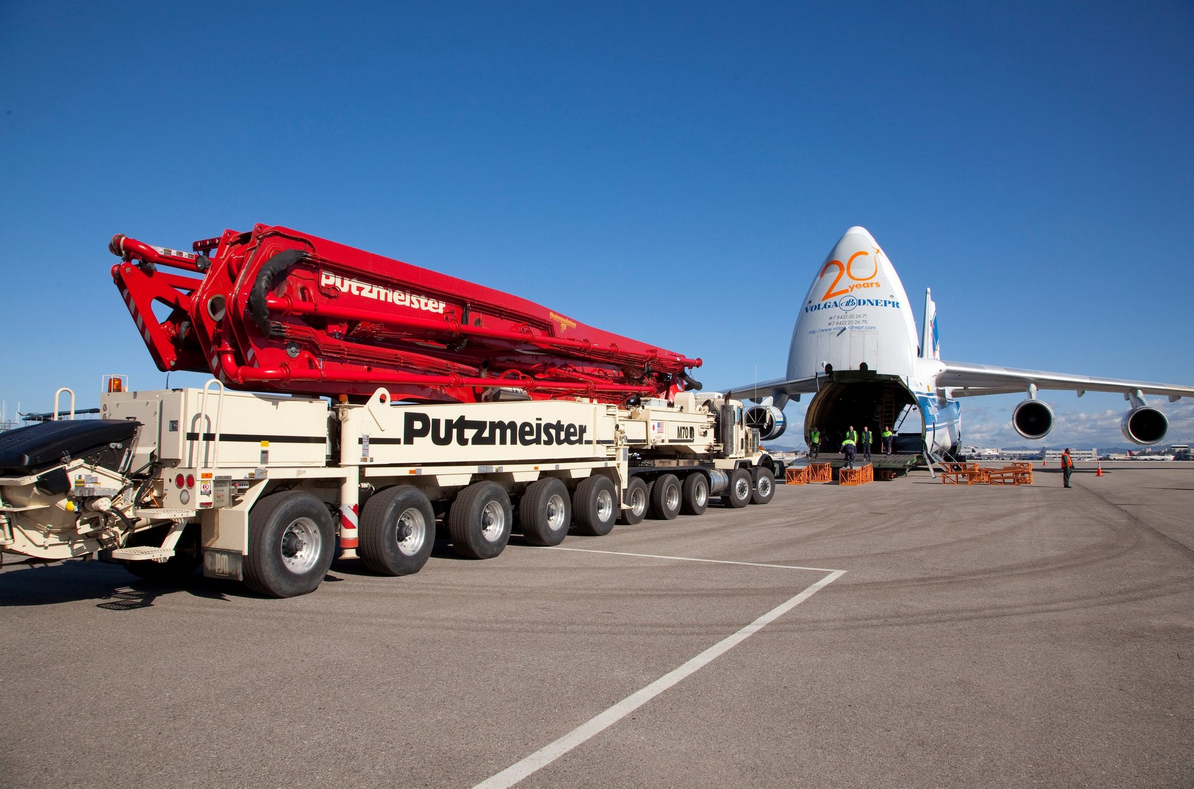








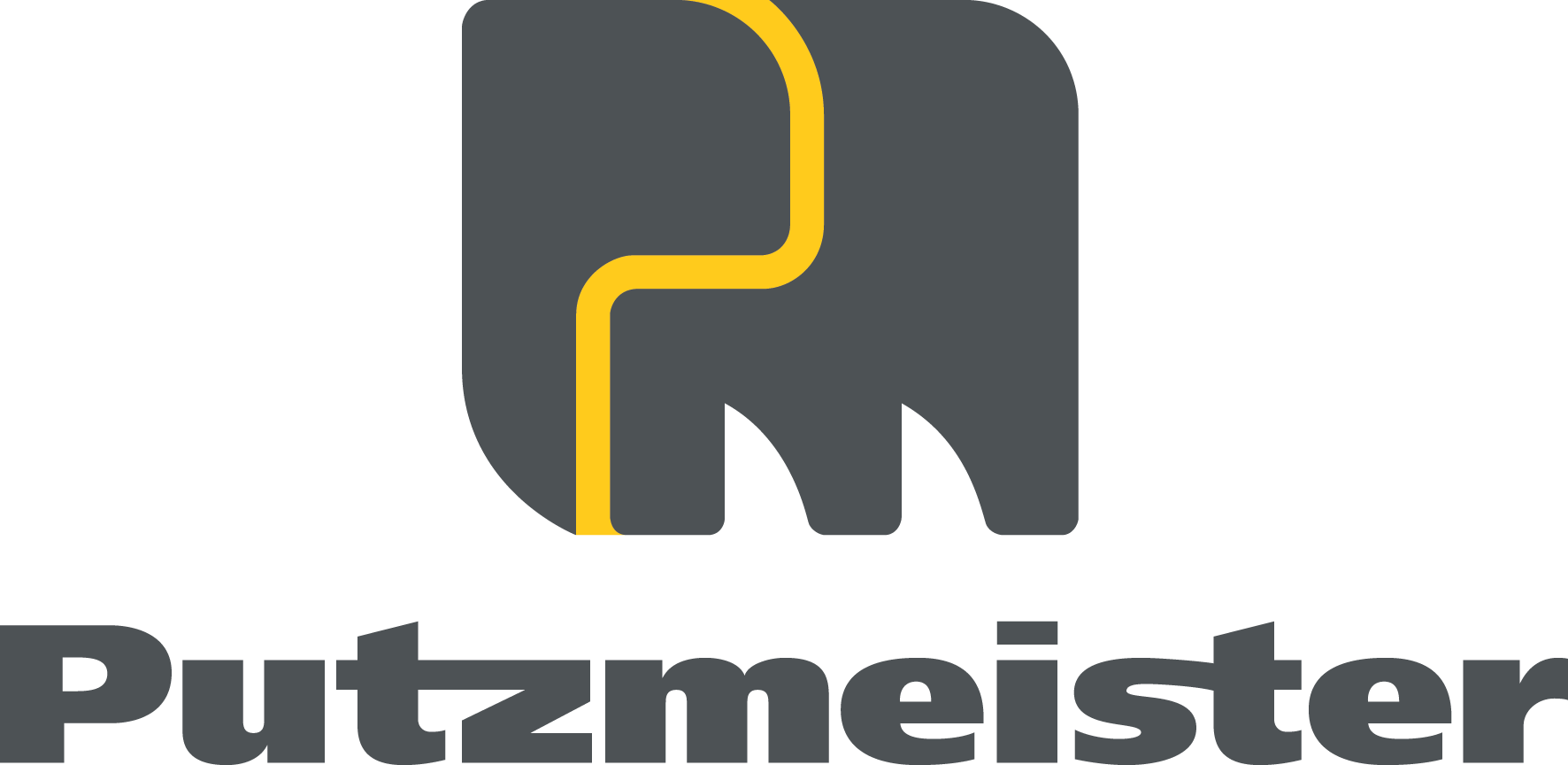



.jpg)
.gif)

.jpg)









.jpg)
